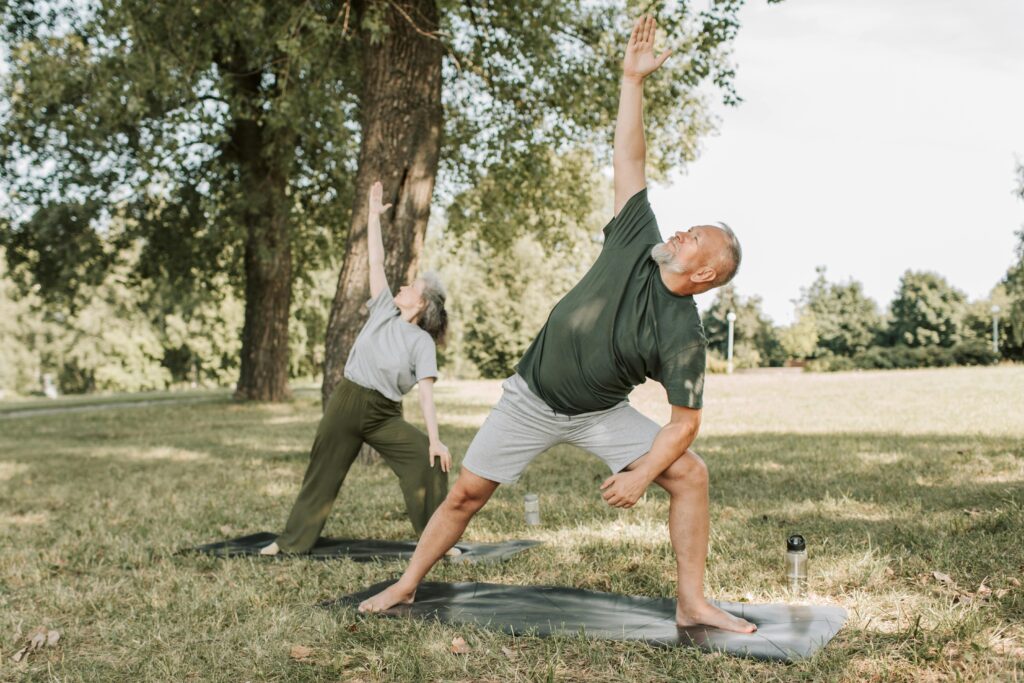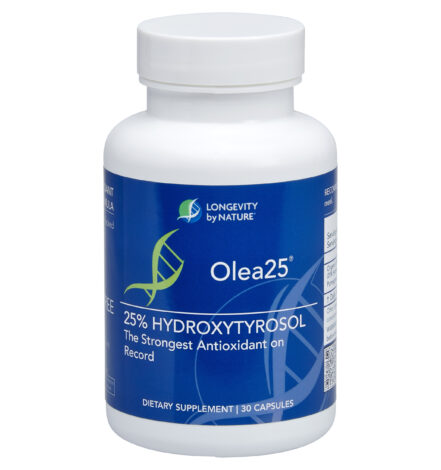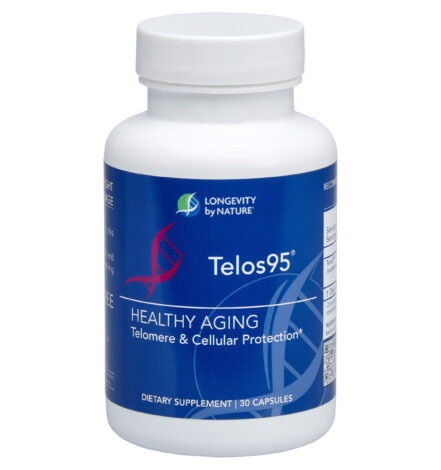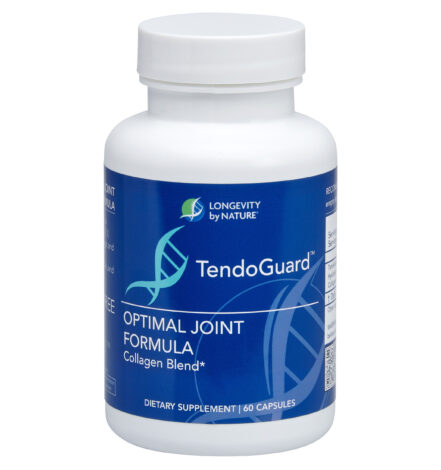It happens every September: the alarm rings earlier, calendars fill up, and mornings bring a brisk sense of unfinished business. Maybe you feel that subtle weight in your chest, the pull between wanting to race forward and holding on to the summer calm. You’re not alone. As routines snap back into place, the question becomes clear: how do you maintain your energy and keep your balance when everything asks for your attention?
The secret isn’t in a perfect plan or relentless drive. It’s about finding small, steady ways to recharge so that you have energy for what matters most. In the bustle, a sense of balance is not just possible, it’s essential. Let’s look at real, doable steps to help you greet each day with resilience and calm.
Why Getting Back To a Routine is Difficult
The collective feeling of a fresh start that often accompanies the arrival of September can be a powerful motivator. Yet, for many, this transition from the relaxed, unstructured nature of summer to a more rigid schedule can be unexpectedly taxing. This phenomenon, which can manifest as feelings of fatigue, a lack of motivation, or heightened anxiety, can be overwhelming. The demands of getting back to a routine can be challenging for a number of psychological and physiological reasons.
From a psychological standpoint, the end of summer can trigger a feeling of loss of freedom, leading to what some refer to as post-vacation blues. The shift from a spontaneous, leisurely pace to a tightly scheduled one can feel restrictive and mentally draining. This can make the process of adapting to a new routine feel like a chore rather than a welcome change, leaving you feeling tired and unmotivated.
Physiologically, the change in seasons directly impacts our circadian rhythm, the body’s internal clock that regulates sleep and wakefulness. As the days grow shorter and the amount of natural sunlight diminishes, the body’s production of melatonin can be disrupted. This can make it more difficult to fall asleep and wake up naturally, leading to a chronic state of low-grade fatigue. The increased demands of work and school routines usually bring a higher cognitive load and a busier schedule. This can lead to a sustained elevation of cortisol, the primary stress hormone, which can suppress the immune system and further deplete energy reserves over time. The combination of these factors is what makes the transition into fall a demanding period for both the mind and body.
The Pillars of Balance: Foundational Strategies
Navigating the September transition successfully requires a proactive approach centered on foundational habits. While no single strategy can address every challenge, a holistic framework that supports the body’s core functions can provide a stable base for sustained energy and focus.
Prioritizing Sleep Hygiene
Sleep is arguably the most critical component of a balanced routine. As the daylight hours shorten, it becomes increasingly important to support your body’s natural sleep cycles. A consistent sleep schedule is essential; aim to go to bed and wake up at the same time each day, including weekends. This regularity helps to reset your internal clock and improve the quality of your sleep. To further enhance your rest, create a cool, dark, and quiet sleep environment. Limiting screen time for at least an hour before bed and avoiding caffeine in the afternoon can also significantly impact your ability to fall into a restful sleep.
Fueling for Sustained Energy
What you consume directly impacts your energy levels, cognitive function, and ability to manage stress. Instead of relying on quick fixes like sugary snacks or excessive caffeine, focus on a balanced, nutrient-rich diet. The key is to provide your body with the fuel it needs for sustained energy, avoiding the blood sugar spikes and crashes that lead to feelings of sluggishness.
- Incorporate a variety of whole foods, including lean proteins, healthy fats, and complex carbohydrates, to maintain stable blood sugar.
- Ensure your diet is rich in micronutrients like vitamins and minerals that are essential for metabolic function and cellular energy production.
- Remain hydrated by drinking water throughout the day, as even mild dehydration can lead to fatigue and impaired cognitive function.
Strategic Movement and Stress Management
Physical activity is a powerful tool for combating the physiological and psychological impacts of stress. Regular exercise, whether a brisk walk, a bike ride, or a session of strength training, helps to lower cortisol levels and release mood-boosting endorphins. It improves circulation, delivering oxygen and nutrients more efficiently to your brain and muscles, which in turn enhances mental clarity and reduces feelings of fatigue.
In addition to exercise, incorporating mindfulness and breathing exercises can provide a valuable means of managing stress in the moment. Taking a few minutes each day for deep, focused breathing can help calm the nervous system and restore a sense of calm. These practices, when integrated into a busy schedule, provide moments of respite that are crucial for maintaining long-term balance.
The Role of Targeted Support
While a healthy lifestyle forms the foundation of vitality, targeted nutritional support can provide an additional layer of protection. For Longevity By Nature, the focus is on supporting the body at a cellular level, addressing the internal mechanisms that contribute to healthy aging, energy, and cognitive function. The following supplements can complement your foundational habits, helping to fortify your body’s resilience as you navigate the demands of a new routine.
Cellular Resilience with Telos95®
A demanding routine often brings a surge in stress, and science shows this can directly impact cellular health. Telomeres, the protective caps at each end of our chromosomes, are recognized as key markers of cellular aging and vitality. As we get older or when we’re exposed to ongoing stress, telomeres naturally shorten, and this process can affect how efficiently our cells work.
Telos95® is a dietary supplement formulated to help maintain telomere length and overall cellular vitality. Clinical studies confirm that regular use of Telos95® can slow the shortening of telomeres and, in some cases, even increase their average length over six months in healthy adults. This action combats the cellular impact of constant demands, helping to reduce fatigue and support sustained energy. Telos95® works by aiding the body’s defenses against free radicals, supporting healthy aging from within.
For those returning to busy routines, Telos95® offers scientifically validated support for long-term resilience and daily stamina. In clinical trials, participants saw their cellular age decrease by an average of 7.43 years, with measurable improvements in telomere length and energy markers.
In addition to exercise, incorporating mindfulness and breathing exercises can provide a valuable means of managing stress in the moment. Taking a few minutes each day for deep, focused breathing can help calm the nervous system and restore a sense of calm. These practices, when integrated into a busy schedule, provide moments of respite that are crucial for maintaining long-term balance.
Cognitive Clarity with KollaJell™
Transitioning back to work or school often means grappling with mental fatigue, commonly known as “brain fog,” which can cloud focus and disrupt productivity. Our brains rely on essential nutrients to maintain complex neural networks responsible for memory, concentration, and overall cognitive function. KollaJell™ is a patented supplement formulated from hydrolyzed jellyfish collagen, rich in amino acids critical for brain health. Clinical research demonstrates that KollaJell™ supports neuroplasticity, the brain’s ability to form new connections, and promotes sustained mental clarity throughout demanding days.
A recent eight-week clinical study published in the Journal of Clinical Research and Reports revealed significant improvements in multiple cognitive domains, including memory, executive function, and processing speed, supported by both digital cognitive tests and EEG brainwave analysis. Participants not only scored higher in areas related to multitasking and recall but also reported enhanced alertness and energy. KollaJell’s unique amino acid profile, including glutamate, glycine, and tryptophan, benefits the gut-microbiome-immune-brain axis, nourishing cognitive function at multiple levels.
For busy professionals and students alike, KollaJell™ offers science-backed support to combat mental fatigue, sharpen focus, and maintain peak brain performance naturally. User testimonials confirm increased mental clarity, improved memory recall, and better sleep patterns, making it a valuable addition to any cognitive wellness routine.
A Holistic Framework for Balance
The key to a successful September transition lies in a holistic framework that recognizes the interconnectedness of all these elements. It is not a matter of choosing between sleep and exercise, or between a healthy diet and targeted supplementation. Rather, it is about understanding how all these work together. When you prioritize restful sleep, you are better equipped to make mindful dietary choices. When you nourish your body with the right nutrients, you have the energy to engage in physical activity. And when you support your body with supplements, you enhance the effectiveness of all your lifestyle habits. It is a healthy, continuous feedback loop.
It is also important to remember that this approach is highly personal. There is no one-size-fits-all solution. What works for one person may not work for another. The goal is to listen to your body, be patient with yourself, and make small, consistent adjustments to your routine. By embracing this flexible and comprehensive approach, you can create a sustainable path to vitality.
Frequently Asked Questions (FAQ)
Why do I feel tired and unmotivated in September?
This is a common experience often tied to the end of summer’s relaxed pace and the beginning of a more structured routine. The decrease in daylight hours can also disrupt your circadian rhythm, affecting sleep and energy levels.
Are there supplements that can help with my energy levels?
Yes, while supplements are not a substitute for a healthy lifestyle, certain nutrients can provide support. Supplements that aid in cellular energy production, or those that support cognitive function, may help. Products like Telos95® and KollaJell™ are designed to assist with these specific aspects of well-being.
What is a good diet to follow for brain health?
A diet rich in Omega-3 fatty acids (found in fatty fish), antioxidants (from berries and leafy greens), and B vitamins (found in beans and nuts) is excellent for brain health. This type of diet helps reduce inflammation and supports the brain’s cellular structure.
What are telomeres, and how do they relate to aging?
Telomeres are the protective caps at the ends of our chromosomes. They protect our DNA from damage. As we age and are exposed to stress, our telomeres naturally shorten. The length of your telomeres is an indicator of your cellular health and a marker of how your body is aging.
How can I improve my focus when I go back to work or school?
Improving your focus involves a combination of strategies, including getting adequate sleep, staying hydrated, and incorporating breaks into your routine. Supplements can also support cognitive function.
Embracing Autumn with Vitality
The arrival of September marks a new chapter, a season of renewal and renewed purpose. While the transition from summer’s leisure can feel demanding, it does not have to compromise your sense of balance or vitality. By prioritizing foundational habits, from a disciplined sleep schedule to a nutrient-rich diet and regular exercise, you create a strong base for your well-being. When you complement these efforts with supplement support, such as the cellular resilience of Telos95® and the cognitive clarity of KollaJell™, you empower your body to thrive.
The return to routine is an opportunity, not a burden. By taking a proactive and mindful approach to your health, you can meet the demands of this new season with energy, focus, and a profound sense of equilibrium.






